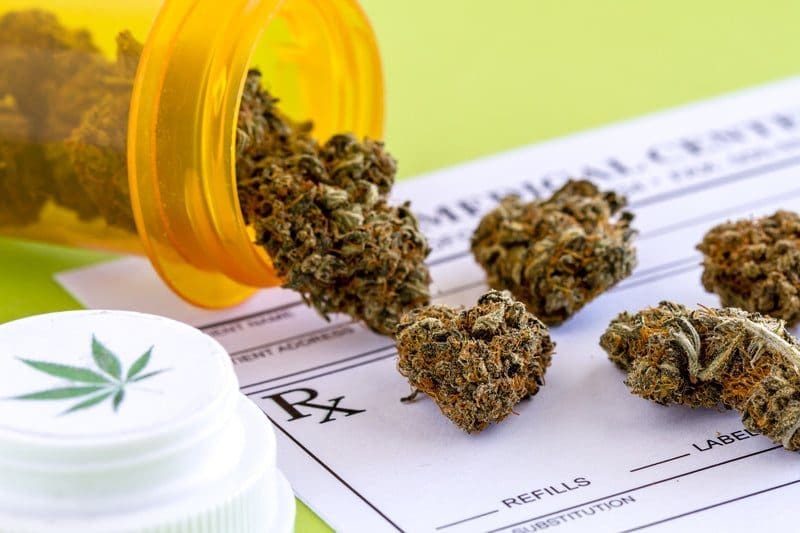Bipartisan legislature relating to the use of low-THC cannabis for certain medical conditions, authored by State Rep. Stephanie Klick (R–Fort Worth), was passed by the Texas House today.
According to House Bill 1535, cancer, chronic pain, and PTSD would be added as qualifying conditions for the Compassionate Use Program (TCUP). In addition, HB 1535 would give the Department of State Health Services the authority to add other qualifying conditions through their administrative rule-making process, include all cancer patients, and raise legal THC levels from 0.5 percent to 5 percent.
Texas is one of the few states with low-THC laws, though the movement of HB 1535 out of committee is a small victory for physicians, veterans, and cancer patients who have been advocating for medical cannabis expansion for years.
The bill passed the chamber on Thursday by a vote of 134 yeas; 12 nays; and one present, not voting.
The bill passed unanimously out of the Public Health Committee a few weeks ago, with overwhelming testimony in support of the bill, as well as suggested adjustments to the bill from both physicians and patients who benefit from THC.
Dr. Mary Caire from Dallas testified, “In both in medical research and in my own clinical experience, cannabinoid therapy has been shown to improve symptoms related to this condition … in a way that no other substance has done before, and it has also been scientifically proven to have a profound impact on seizure disorders, pain, anxiety, and PTSD. However, the current law allows me to only prescribe to terminal patients with cancer. Cancer, pain, and symptoms are not exclusive to people who die of this disease, and in my clinical experience, medical cannabis is more effective at relieving these symptoms than other pharmaceutical drugs.”
She added, “It is also an alternative to dangerously addictive opioids, which the vast majority of cancer patients face taking during some point of their treatment. The opioid epidemic was a problem before COVID-19 and now is accelerating. Texas is facing a historic spike in opioid overdoses, with close to 4,000 deaths in Texas in the past year.”
“Unfortunately, the state of Texas has not allowed me to completely follow my [Hippocratic] oath, and I believe that I may have done harm by not being able to prescribe medicinal cannabis to some of my patients.”
Opponents to the bill, however, argue the expansion could lead to a slippery slope.
Having cleared the House, the bill will now be sent to the Senate.





